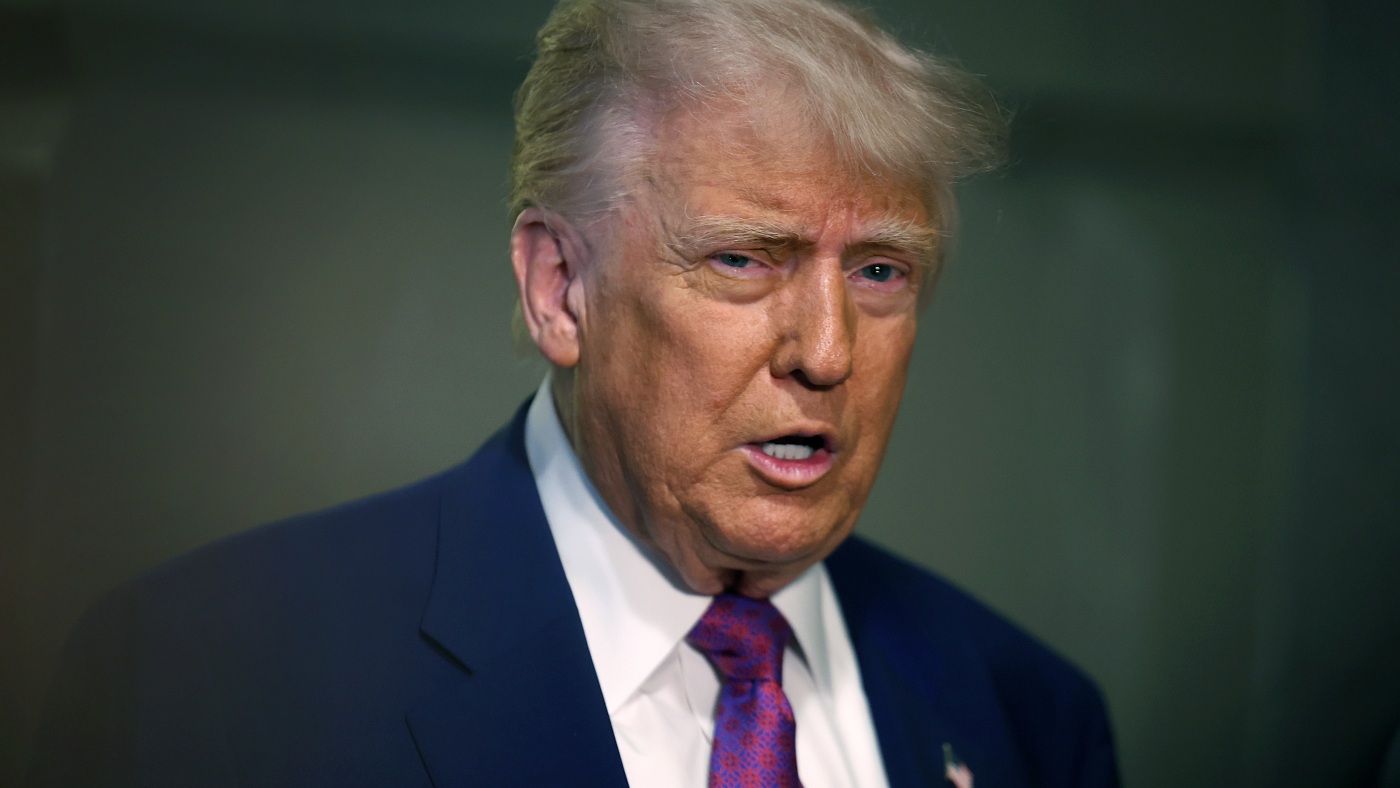Google is still making lots of money. Its parent company Alphabet reported $90.2 billion in revenue for the first quarter, up 12 percent from the same period last year, making $34.5 billion in profit. Chief Executive Sundar Pichai said Google's AI strategy was to thank. But the elephant in the room at Thursday's earnings call was the possibility that US federal judges might order the company to be broken up. We take a closer look in this edition of Tech 24.
The US Department of Justice has been attacking Google on two fronts.
Last week, Virginia judge Leonie Brinkema found that Google illegally dominated markets for online advertising through its Ad Manager and Ad Exchange. A trial on a potential remedy, which could include breaking up the company, is set to begin in September.
Meanwhile, a court in Washington DC decided last year that Google illegally monopolised online search. The remedy phase is happening now, with judge Amit Mehta deciding what course of action to allow. Again, government lawyers are arguing for Google to be broken up – notably for the Chrome browser to be lopped off.
In fact, it's been a big fortnight for Big Tech antitrust generally.
The European Commission has issued its first fines under the landmark digital competition rulebook, the Digital Markets Act, including €500 million for Apple for anti-competitive App Store design.
Last but not least, another antitrust trial began last week in Washington: the Federal Trade Commission's challenge of Meta's acquisitions of Instagram and WhatsApp. John Newman, antitrust professor at the University of Miami School of Law, oversaw that case under Lina Kahn at the FTC, as the deputy head of their Competition Bureau. He was also a trial attorney with the Department of Justice's Antitrust Division. We spoke to him on Tech 24.











 English (US) ·
English (US) ·